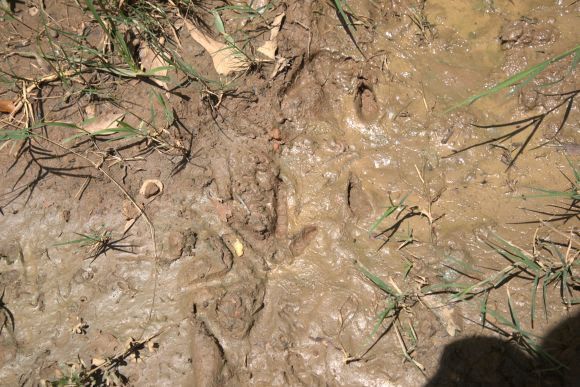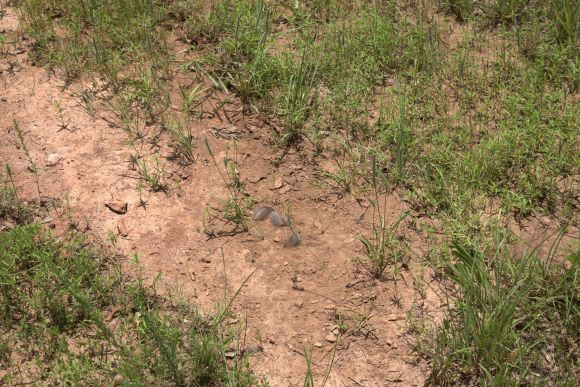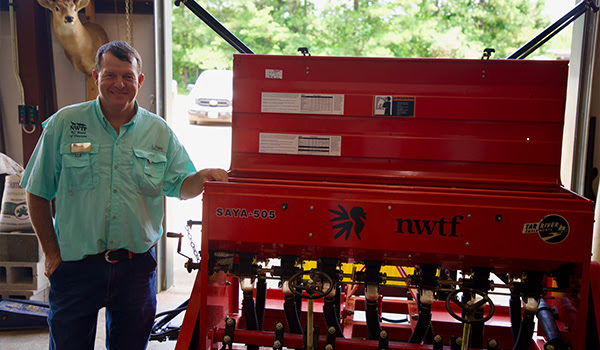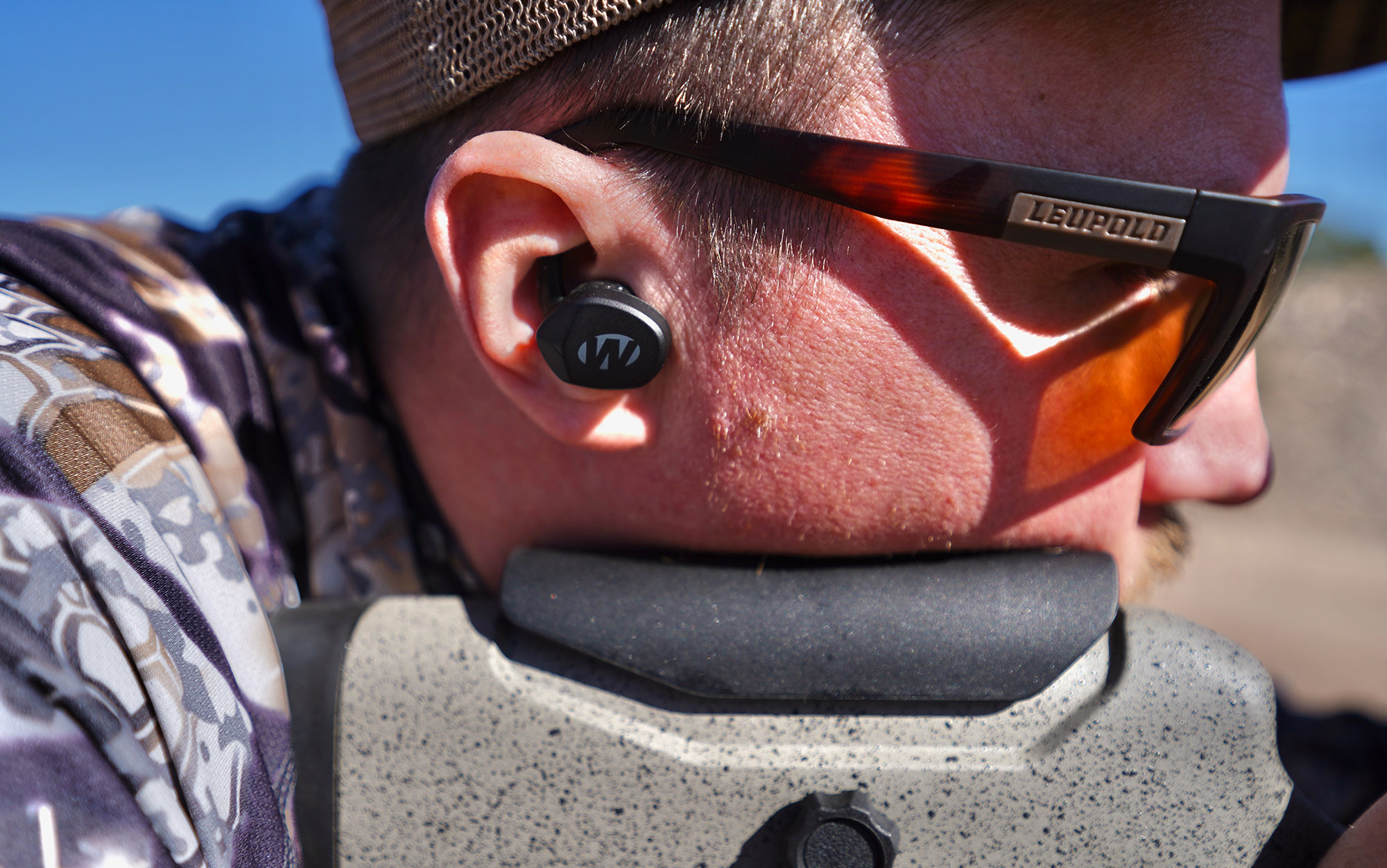EDGEFIELD, S.C. — North Carolina NWTF State Chapter volunteers, NWTF staff and state agency staff recently gathered at the Mountain Island Educational State Forest in Mount Holly, North Carolina, to strategize conservation and hunting heritage efforts across the Tar Heel State. The team also toured a conservation project on the state forest. The project site is an area where the North Carolina NWTF State Chapter and the North Carolina Forest Service partner to manage habitat and provide curated hunting opportunities and educational events.
The meeting included a state of the wild turkey in North Carolina address by Hannah Plumpton, North Carolina Wildlife Resources Commission upland game bird biologist and NWTF National Wild Turkey Technical Committee representative. Cully McCurdy, NWTF district biologist, also gave updates on conservation operations in the state and North Carolina’s contributions to the NWTF’s Habitat for the Hatch Initiative.
North Carolina NWTF State Chapter committee members also strategized upcoming conservation operations, education and outreach events, banquets and even a potential “old school” turkey calling contest.
Operated by the North Carolina Division of Forestry — a division of the North Carolina Department of Agriculture — the Mountain Island Educational State Forest was the perfect place to build energy and plan future conservation efforts, as the North Carolina NWTF State Chapter committee members were able to see the fruits of their labor firsthand.
The North Carolina NWTF State Chapter provided funds to improve wildlife habitat in the state forest and purchased a tractor-operated no-till seed drill and boom sprayer. The equipment purchases will help the state forest manage for wildlife habitat and reach its forestry objectives far into the future.
“It’s really nice to have these types of agreements with the division of forestry,” McCurdy said. “Unlike the North Carolina Wildlife Resources Commission — an agency that receives wildlife-management-specific money through hunting license sales and Pittman-Robertson funds — funding is not normally allocated for wildlife-specific objectives on state forests. So, it’s really nice that we can diversify the support of different entities that manage public lands in the state and provide funding that otherwise may not have been available to create some of this habitat that we are seeing on our tour today.”
One of the project sites, a grassy opening seeded with wildlife friendly plants and wildflowers, was a textbook example of areas wild turkeys utilize; the turkey tracks in the mud and the feather-filled turkey dusting site demonstrated that turkeys were indeed using it.


While benefitting wild turkeys and numerous other native wildlife species in the state forest is a win for conservation, what makes the project site an exceptional portrayal of the NWTF mission is how it includes special hunting opportunities.
The Mountain Island Educational State Forest, while not open to regular hunting, offers unique and exciting opportunities for special hunts. For instance, a recent NWTF Women in the Outdoors (WITO) mentored turkey hunt last spring was an engaging experience for women seeking to get more involved in hunting and the outdoors. Both the conservation work and hunting heritage efforts on the state forest are a testament to the collaboration and work the North Carolina NWTF State Chapter and the North Carolina Forest Service undertake in support of moving of the NWTF’s mission forward.
“It was great to have our state board members gather at the Mountain Island Educational State Forest to move our mission forward in North Carolina,” said Howard Rumfelt, NWTF North Carolina State Chapter president. “We are proud of everything we accomplish each year through our dedicated volunteers, and we have some conservation plans we are excited to share in the months ahead.”
About the National Wild Turkey Federation
Since 1973, the National Wild Turkey Federation has invested over half a billion dollars into wildlife conservation and has positively impacted over 24 million acres of critical wildlife habitat. The NWTF has also invested over $10 million into wild turkey research to guide the management of the wild turkey population and to ensure sustainable populations into perpetuity. The organization continues to deliver its mission by working across boundaries on a landscape scale through its Four Shared Values: clean and abundant water, healthy forests and wildlife habitat, resilient communities, and robust recreational opportunities. With the help of its dedicated members, partners and staff, the NWTF continues its work to provide Healthy Habitats. and Healthy Harvests. for future generations.
Read the full article here




